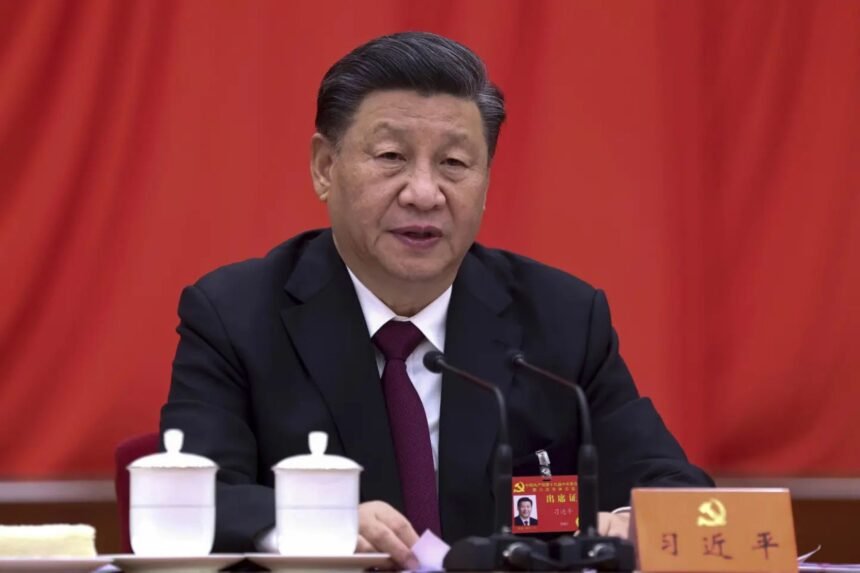Beijing is preparing for an economic battle of attrition because it feels confined by the United States’ escalating tariff attack on China and any nation that purchases or assembles Chinese goods.
Last week, nearly the whole world was subject to import duties of at least 10%, while nations like Vietnam, where Chinese industries have been relocating operations, were subject to far higher levies. China responded with retribution, and US President Donald Trump threatened more escalation. However, there are few good possibilities in China. Although this might not be much of an escape route, it will pursue other markets in Asia, Europe, and the rest of the world. The markets in other nations are far smaller than those in the US, and the tariffs also hurt local businesses. A lot of people are likewise hesitant to accept more affordable Chinese goods.
The simplest way to mitigate the tariffs’ effects domestically would be to devalue the currency, but this might lead to capital flight and alienate potential trading partners. China has permitted very little yuan depreciation thus far.
There may be plans for more export tax breaks, subsidies, or other stimulus measures, but doing so risks escalating industrial overcapacity and increasing deflationary pressures. For years, analysts have argued in favor of policies that would increase domestic demand.
Also Read:
The UAE and the UK Strengthen their Cooperation to Stop illegal Financial Flows




